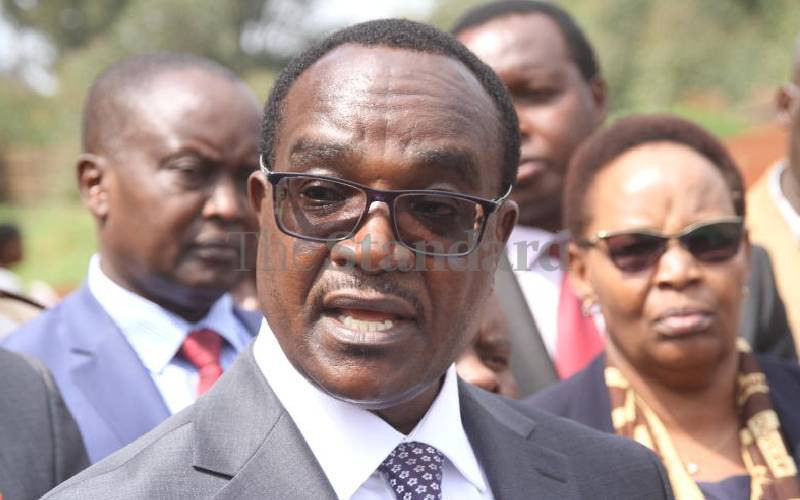×
The Standard e-Paper
Fearless, Trusted News

The Kenya Union of Post-Primary Education Teachers (Kuppet) has rejected the proposed amendments that would integrate Junior Secondary Schools (JSS) within the primary school framework as 'comprehensive schools.'
Speaking at the Kuppet Kericho Branch Annual General Meeting, Kuppet Assistant Treasurer Ronald Tonui stated that JSS should remain at a distinct educational level.